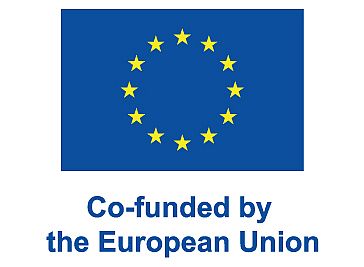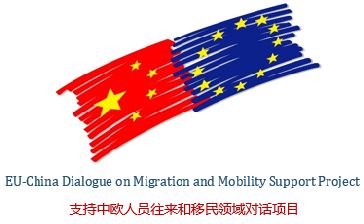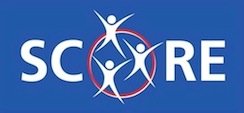Projects
The ILO Country Office for China and Mongolia implements, in close partnership with its constituents, a number of programmes and projects covering the four areas of the decent work agenda.
Find out more below!
2020
-
Rights at Work: Promoting Harmonious Labour Relations through Collective Bargaining in China
29 August 2016 - 29 February 2020
The project is to strengthen collective bargaining processes and institutional capacity for more inclusive & sound labour relations at various levels.
2019
-
Reducing AIDS Discrimination at workplace
1 January 2018 - 31 December 2019
The project is under the Plan of the Joint UN Team on AIDS in China.
-

Support GSP+ Beneficiary Countries to Effectively Implement ILS and Comply with Reporting Obligations – Mongolia
1 August 2016 - 31 January 2019
The project addresses informality especially through the strengthened capacity of workers’ and employers’ organizations to represent their constituencies in the informal economy.
2018
-

EU-China Dialogue on Migration and Mobility Support Project
11 April 2015 - 31 December 2018
The Project represents a third phase of EU-IOM-ILO partnership on migration management in China. It aims at maximizing the benefits of international migration and focuses on the four pillars of the Global Approach to Migration and Mobility framework that are of common interest to both European and Chinese stakeholders.
-
SafeYouth@Work Project: Building a Generation of Safe and Healthy Workers - Mongolia
1 July 2016 - 30 June 2018
The US Department of Labor-funded SafeYouth@Work project aims to promote the occupational safety and health (OSH) of young workers, with focus on those aged 15 to 24.
-

Sustaining GSP-Plus Status by Strengthened National Capacities to Improve ILS Compliance and Reporting - Mongolia (GSP+ Reporting)
1 October 2015 - 31 March 2018
The project is part of a four-country project funded by the European Commission to strengthen respect for fundamental principles and rights at work and other international human rights instruments.
2017
-
MNG 102: Quality Employment Promotion Is Mainstreamed in National Policies and Programmes – Mongolia
1 July 2016 - 31 December 2017
The project aims to improve national statistical and analytical capacities in decent work including SDG’s decent work indicators, and participation of workers’ and employers’ organizations in national policy debates and discussions on decent work.
-

Sustaining Competitive and Responsible Enterprises (SCORE) Project Phase II
1 October 2013 - 31 October 2017
Sustaining Competitive and Responsible enterprises (SCORE) is a practical training and in-factory counselling programme that improves productivity and working conditions in small and medium enterprises (SMEs).
-

Support to the Rights and Entitlements of Persons with Disabilities (China)
30 June 2017
This UN joint programme intends to develop the capacity of Disabled People’s Organizations (DPOs) and government to advance the rights of persons with disabilities.
2016
-
Promoting and Building Social Protection and Employment Services for Vulnerable Groups (MAPS)
1 January 2014 - 31 December 2016
Learning from the ASEAN unemployment protection project, this phase II project seeks to build and improve the existing systems of social protection, income security, and employment services for unemployed and underemployed workers in ASEAN countries and Mongolia.